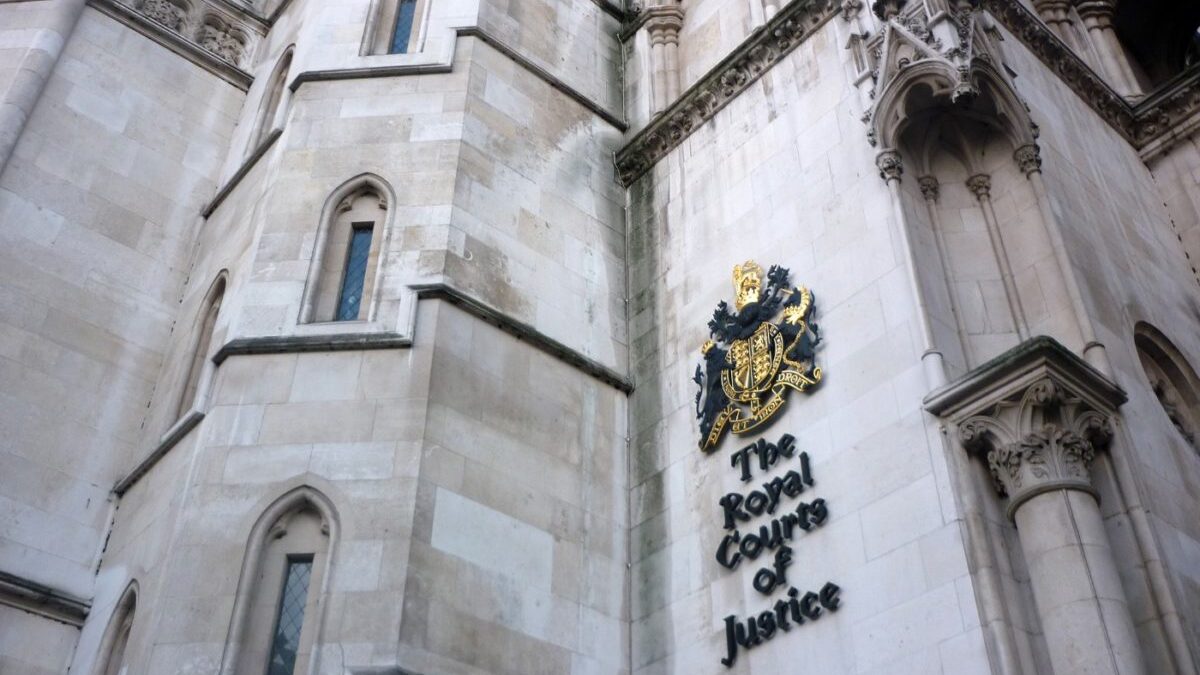The Court of Appeal has dismissed an appeal alleging procedural unfairness in a First-tier Tribunal hearing where the judge asked a “significant” number of questions. The court also gave a brief reminder of the importance of counsel raising any issues with judicial conduct during the appeal itself. The case is Hossain v Secretary of State for the Home Department [2024] EWCA Civ 608.
Background
The appellant came to the UK in February 2010 as a student with leave valid until 30 April 2013. He was then granted a further period of leave until 17 August 2015. His leave was curtailed in June 2014 with effect from August 2014 on the basis that he had cheated in his Test of English for International Communication (TOEIC) exam which had been used for his most recent application for leave.
On 21 October 2020 the appellant applied for leave on the basis of his private life, this was rejected on 16 September 2021, mainly on suitability grounds because of the “fraudulently obtained” English language certificate. The appellant appealed that decision and the appeal was dismissed on 31 May 2022.
The judge did not accept the evidence of the two witnesses nor did she find the appellant to be credible. She concluded that the appellant had not taken the English language test and that he had “used deception” in his application for leave. The appeal was dismissed.
An appeal was made to the Upper Tribunal, mainly on the ground of procedural fairness as it was claimed that the First-tier judge had gone beyond the “remit of being an independent adjudicator” and had questioned “in an ‘aggressive manner’”. The Upper Tribunal dismissed the appeal, acknowledging that many questions had been asked by the judge, but that there was no evidence that this had been done aggressively. The Upper Tribunal also considered that if this had happened then the appellant’s counsel would have said something at the hearing.
The Court of Appeal
An appeal was made to the Court of Appeal on two grounds. The first was that the Upper Tribunal had been wrong to conclude that the hearing was procedurally fair as the First-tier Tribunal judge had “departed from “her proper, supervisory, role” and improperly “descended into the arena””. The second ground of appeal was that the Upper Tribunal had erred in finding that the appellant’s counsel had not been concerned about the judge’s conduct and had also been wrong to rely on the lack of objection raised by appellant’s counsel during the hearing.
Part of the transcript from the appeal hearing is set out in the decision which gives an indication of the volume and type of questions asked. The Court of Appeal said:
It is clear that the FTTJ asked a significant amount of questions and also that, on occasion, her questioning was persistent (for example, when she said, “I do need to have an answer to this.”). However, although the number of questions might well be unusual, it is necessary to look at what happened qualitatively as well as a quantitatively. There is nothing to suggest that her questioning could be described overall as hostile.
This ground was dismissed. On the second ground of appeal:
I would, however, just very briefly add that, as was said in PA (Bangladesh), counsel in general have a duty to raise concerns about the fairness of a hearing during the course of the hearing. As was also said, the absence of any such concern being raised might well be a material factor if it is subsequently asserted that the judge’s conduct was inappropriate. The relevance of this will depend on the particular circumstances and, of course, as Mr Biggs submitted, the absence of complaint cannot make an unfair trial fair. However, in my view, it was a material factor which the UTJ was entitled to take into account when deciding whether the hearing before the FTTJ had been unfair.
Conclusion
In case you were wondering (I was) given the extent of the interventions from the judge, there was a Home Office Presenting Officer at the First-tier Tribunal hearing. Apart from wondering what they were actually doing during the hearing, the main takeaway from this case is a reminder of the importance of advocates raising issues when they arise during the hearing, no matter how difficult this may be with some judges.













